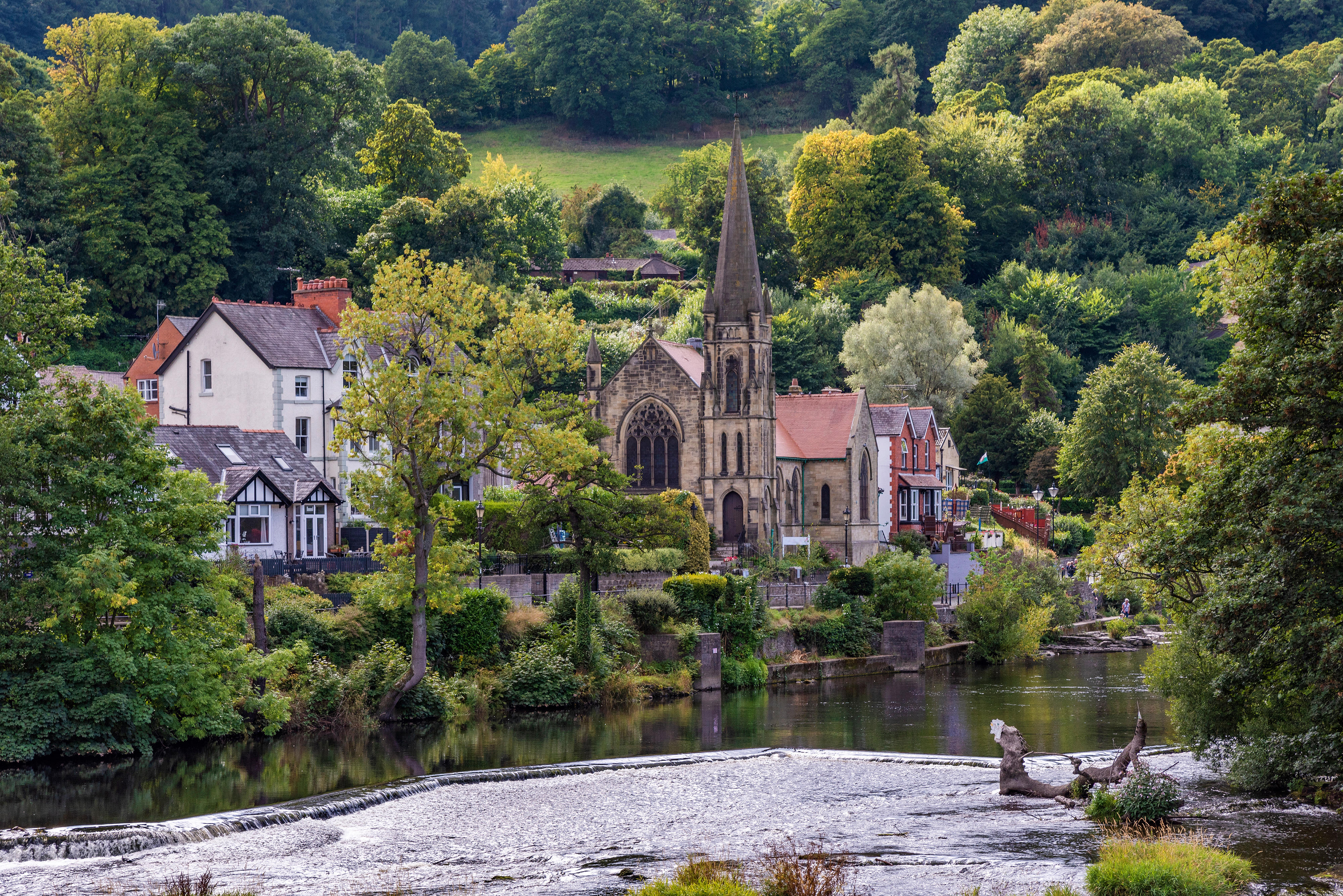Carla Carlisle on overpopulation
As the seven billionth child is welcomed onto earth, Carla considers whether the planet has the kind of resources required to support this growing population


I came to Sir Julian Huxley, Humanist and evolutionary scientist, late. Sideways really, in Sybille Bedford's bio-graphy of his younger brother Aldous. The three Huxley brothers were attending the unveiling of the statue of their grandfather, T. H. Huxley, the great biologist, friend and supporter of Charles Darwin, at the Natural History Museum. Their mother, in urgent whispers, ordered Julian, then in his first year at Eton, to give up his top hat a very young Etonian and a very new top hat-to Aldous-queasy, overcome-to be sick in.
That story has stayed with me as details of Sir Julian's life have sifted in. After Eton and Oxford, where he studied embryology and developmental biology, he became fascinated with bird behaviour, especially the courtship of water birds. His first book was on the great crested grebe, a bird I love, a book I've never read.
Actually, I've never read any of Sir Julian's books. All I've read is his preface to Rachel Carson's Silent Spring and his essay ‘Too Many People!' in a book called Our Crowded Planet. The essay made me look at my home planet differently. I've never been the same since.
Which may be why I didn't celebrate the birthday on October 31, the day the world's population hit seven billion. The happy event was reckoned to have occurred in India, where the number of births per minute-51-is the highest on Earth. But it may have been in China, the world's most populous country. Wherever it was, however significant for mother and child, it should give their extended family-us-pause for thought.
In ‘Too Many People!', Sir Julian wrote that overpopulation is ‘the most serious threat to human happiness and progress in this very critical history of the world'. He believed that it was even graver than the threat of atomic warfare because ‘it springs from our own nature'. That was 50 years ago, when the population was a mere three billion. Since his death in 1975, the number has more than doubled. A quarter of a million babies are born each day, 10,000 born each hour-babies who will need space to live in, heat, light, water and food.
Ah, food. It was Thomas Malthus, born in Surrey in the middle of the 18th century, who first predicted that, one day, the population would outstrip the globe's ability to feed it. Today's ‘rational optimists' claim that the clergyman got it wrong because he didn't foresee the ‘Green Revolution' brought about by Norman Borlaug, the Nobel Laureate who produced new strains of high-yielding, disease-resistant wheat, saving millions of people worldwide from starvation. But Borlaug insisted that Malthus's premise was right, that the ‘Borlaug miracle' was in providing ‘breathing space', a last chance to tackle the problems of a crowded planet.
Governments have taboos. Race is one. Population is another. It's a taboo to suggest that the poor should have fewer children, and it's political suicide to propose that the State supports the first two, but cuts the ‘salaries' for children after that. I'm grateful to scientists and environmentalists (thank God for Sir David Attenborough) who are fighting for the future of our battered planet, showing us how the increase in greenhouse gases and the consequential global warming, the acidifi-cation of the oceans, the loss of rainforest, the increase in violent weather, all result from the same source: the catastrophic pressure of too many people.
Sign up for the Country Life Newsletter
Exquisite houses, the beauty of Nature, and how to get the most from your life, straight to your inbox.
I'd add to this troubled picture. We live in a time of gigantic change in the world of work. Of the 20,000 born since I sat down to write this, only a few hundred if that-will ever have a job. How do countries govern a vast population who will never have jobs? Look at Somalia, at Yemen: these countries are the equivalent of canaries in the coal mines of our civilisation. It's enough to make you feel queasy, overcome, to reach for the nearest top hat.
Country Life is unlike any other magazine: the only glossy weekly on the newsstand and the only magazine that has been guest-edited by HRH The King not once, but twice. It is a celebration of modern rural life and all its diverse joys and pleasures — that was first published in Queen Victoria's Diamond Jubilee year. Our eclectic mixture of witty and informative content — from the most up-to-date property news and commentary and a coveted glimpse inside some of the UK's best houses and gardens, to gardening, the arts and interior design, written by experts in their field — still cannot be found in print or online, anywhere else.
-
 About time: The fastest and slowest moving housing markets revealed
About time: The fastest and slowest moving housing markets revealedNew research by Zoopla has shown where it's easy to sell and where it will take quite a while to find a buyer.
By Annabel Dixon
-
 Betty is the first dog to scale all of Scotland’s hundreds of mountains and hills
Betty is the first dog to scale all of Scotland’s hundreds of mountains and hillsFewer than 100 people have ever completed Betty's ‘full house’ of Scottish summits — and she was fuelled by more than 800 hard boiled eggs.
By Annunciata Elwes